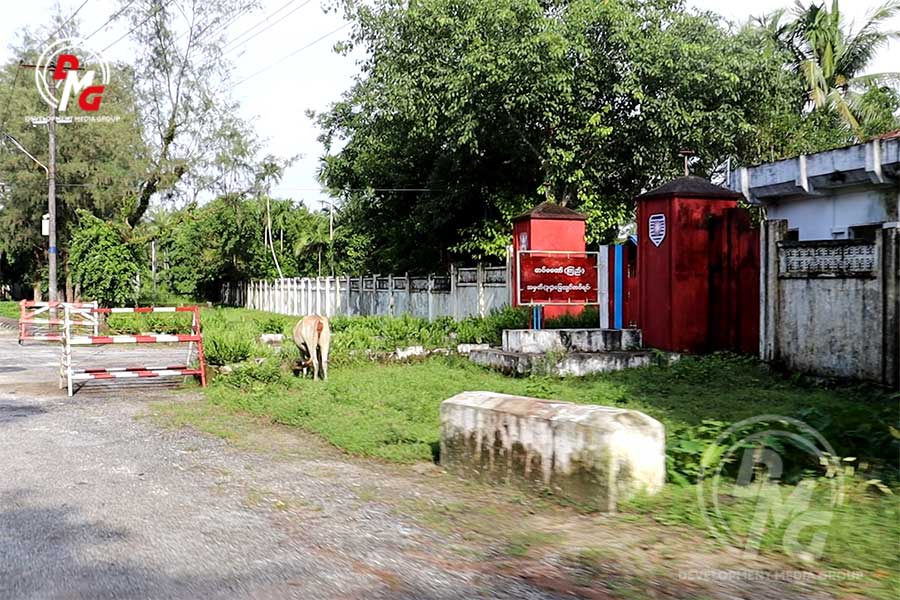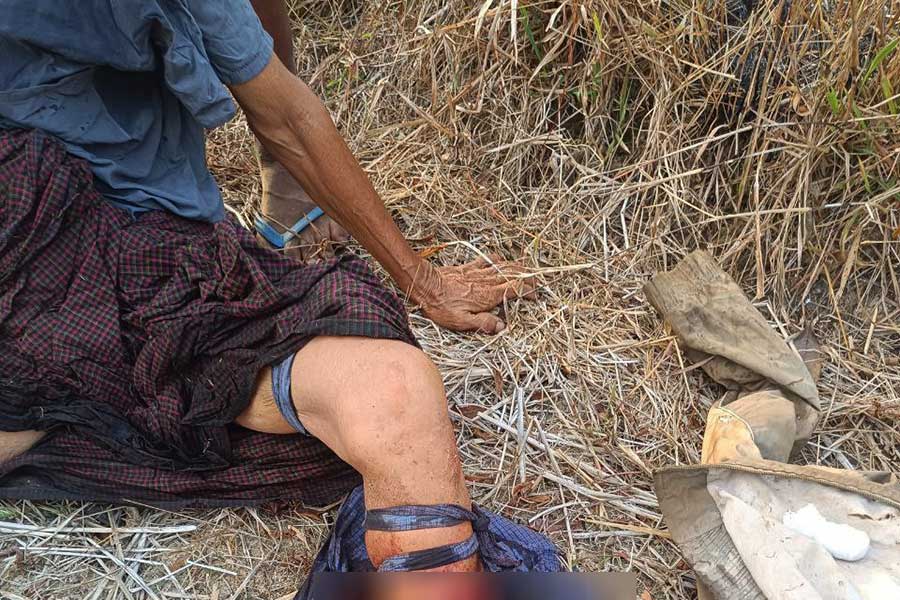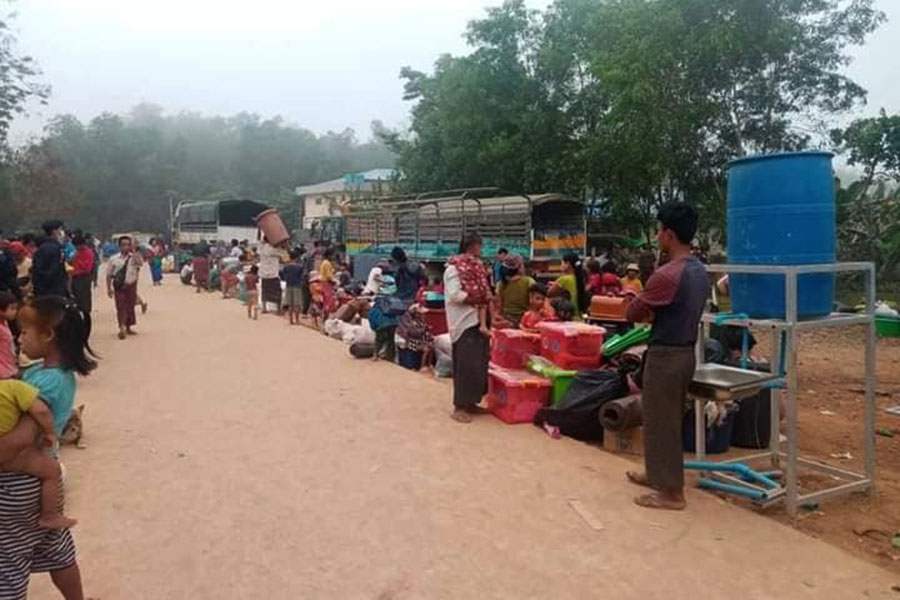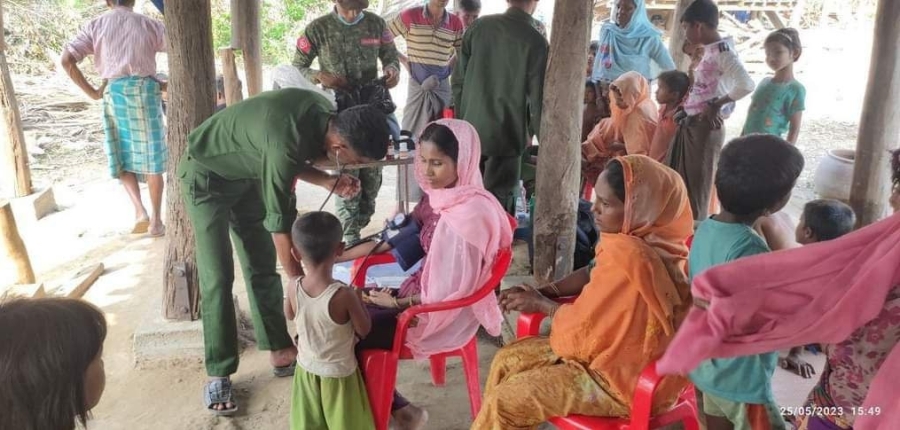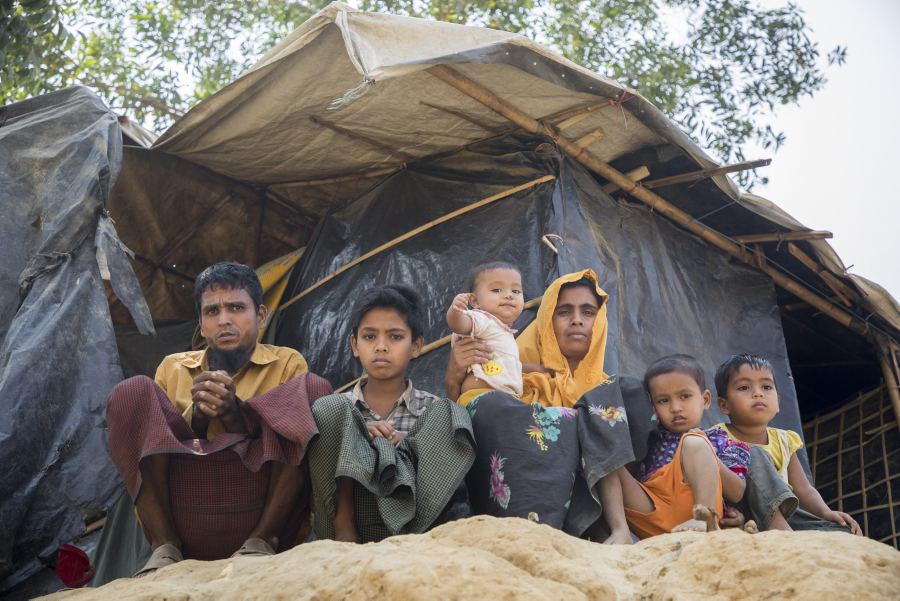- Regime shelling kills two civilians, injures another in two Arakan State townships
- Septuagenarian loses leg in landmine explosion in Kyaukphyu Twsp
- Muslim communities accuse regime of stoking racial strife
- Dozens of Muslims’ deaths blamed on diarrhoea in Sittwe Twsp
- Junta airstrikes rattle Mrauk-U Twsp village
Poverty rising in Myanmar due to COVID-19, World Bank warns
In its latest Myanmar Economic Monitor report, the World Bank said the country’s poverty rate could increase by nearly 5 percentage points due to ongoing restrictions put in place to curb the spread of COVID-19.
17 Dec 2020
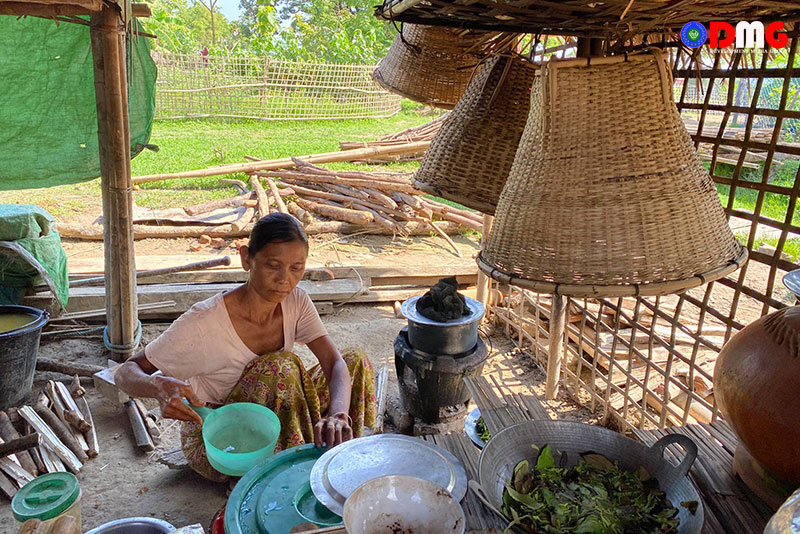
Nyan Hein | DMG
17 December 2020, Sittwe
In its latest Myanmar Economic Monitor report, the World Bank said the country’s poverty rate could increase by nearly 5 percentage points due to ongoing restrictions put in place to curb the spread of COVID-19.
The World Bank forecasts that the poverty rate could increase to 27% in the current fiscal year, up from 22.4% in fiscal year 2018-19, and estimates it will return to pre-crisis levels in the 2021-22 fiscal year at the earliest.
Myanmar’s economic growth is expected to remain subdued at 2% in the current fiscal year due to economic disruptions associated with pandemic containment measures, according to the World Bank.
“The government must take measures for businesses to be able to resume operations gradually. And it should adopt mid-term and long-term strategies. It should focus on stimulating demand,” the spokesman for the World Bank’s Myanmar office, Ko Kyaw Soe Lin, told DMG.
The World Bank releases its Myanmar Economic Monitor analysis twice a year, with the latest made available on Wednesday.
The bank said the first wave of COVID-19 had forced many poor households to adopt risky and unsustainable mechanisms to buffer the shock, including reducing their daily food consumption. Its latest analysis found that even before the second wave hit in August, many households were struggling to repay debts, adding that the ongoing restrictions imposed during the second wave have put more households at risk of entering poverty.
“Myanmar needs to act fast in implementing its COVID-19 response plans to support the economy and mitigate increases in poverty,” said Mariam Sherman, the World Bank country director for Myanmar, Cambodia and Laos.
“In the short term, the government should focus on measures that slow the spread of the virus, provide relief and food security to the poor and most vulnerable, and support economic activity. Over the longer term, public investments in infrastructure and digital technologies can increase domestic demand and employment, while boosting the productive capacity of the economy,” Sherman said.
Nearly half of businesspeople in Yangon who participated in a recent survey said they temporarily closed their businesses in October, and 35% of respondents were concerned that they would not be open in three months, said the World Bank report.
“Commodity flows have been delayed by COVID-19 restrictions. The government should systematically take care of commodity flows. If not, the economy may further decline. And the poverty rate could increase as jobs become scarce for low-income families,” said the vice chair of Rakhine Economic Initiative Public Co Ltd, U Khin Maung Gyi.
“In the absence of widely distributed vaccines or treatment, new waves of the pandemic could result in prolonged and potentially more severe restrictions, further dampening domestic activity and constraining job growth, savings and access to educational and health services,” the World Bank report warned.

